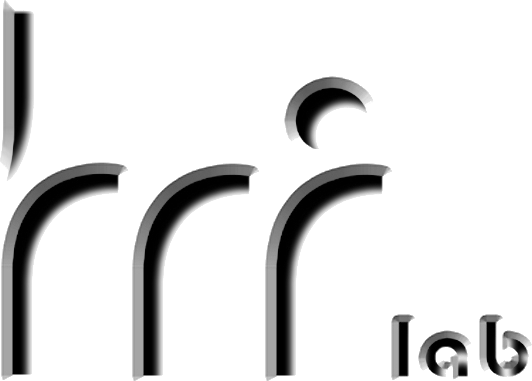What knowledge needs to be learned to acquire a novel task? What background knowledge does an agent need to use newly acquired knowledge effectively? This chapter considers the functional roles of knowledge in task learning. These roles of knowledge span interaction with other entities and the environment and core functional capabilities of the reasoning system itself (i.e., architecture). Perspectives are offered on the definition of "task" and the relationship between task and knowledge. In addition, three specific challenges central to the role of knowledge in interactive task learning (ITL) are examined: the identification of architectural primitives (basic functional and representational building blocks) needed for ITL, requirements for enabling shared understanding ("common ground") between learner and instructor, and conditions that support projection and anticipation of future states. In conclusion, specific research questions are put forth to address these challenges and advance ITL as a field of inquiry.
@incollection{wrayetal19itl,
title={Functional Knowledge Requirements for Interactive Task Learning},
author={Wray, Robert E. III and Taatgen, Niels A. and Lebiere, Christian and Pastra, Katerina and Pirolli, Peter and Rosenbloom, Paul S. and Scheutz, Matthias and Stewart, Terrence C. and Janet Wiles},
year={2019},
booktitle={Interactive Task Learning: Humans, Robots, and Agents Acquiring New Tasks through Natural Interactions},
publisher={MIT Press},
pages={19--52}
url={https://hrilab.tufts.edu/publications/wrayetal19itl.pdf}
}
